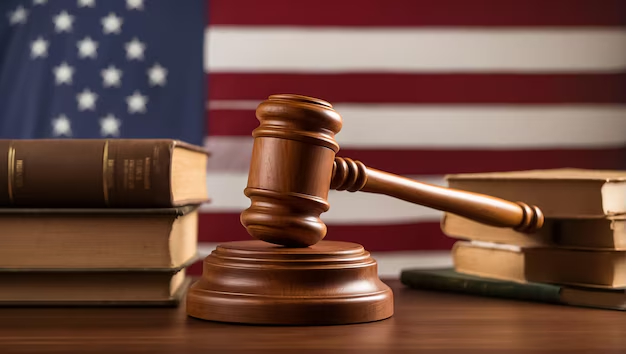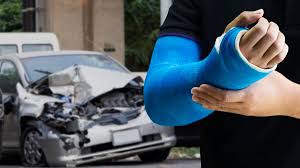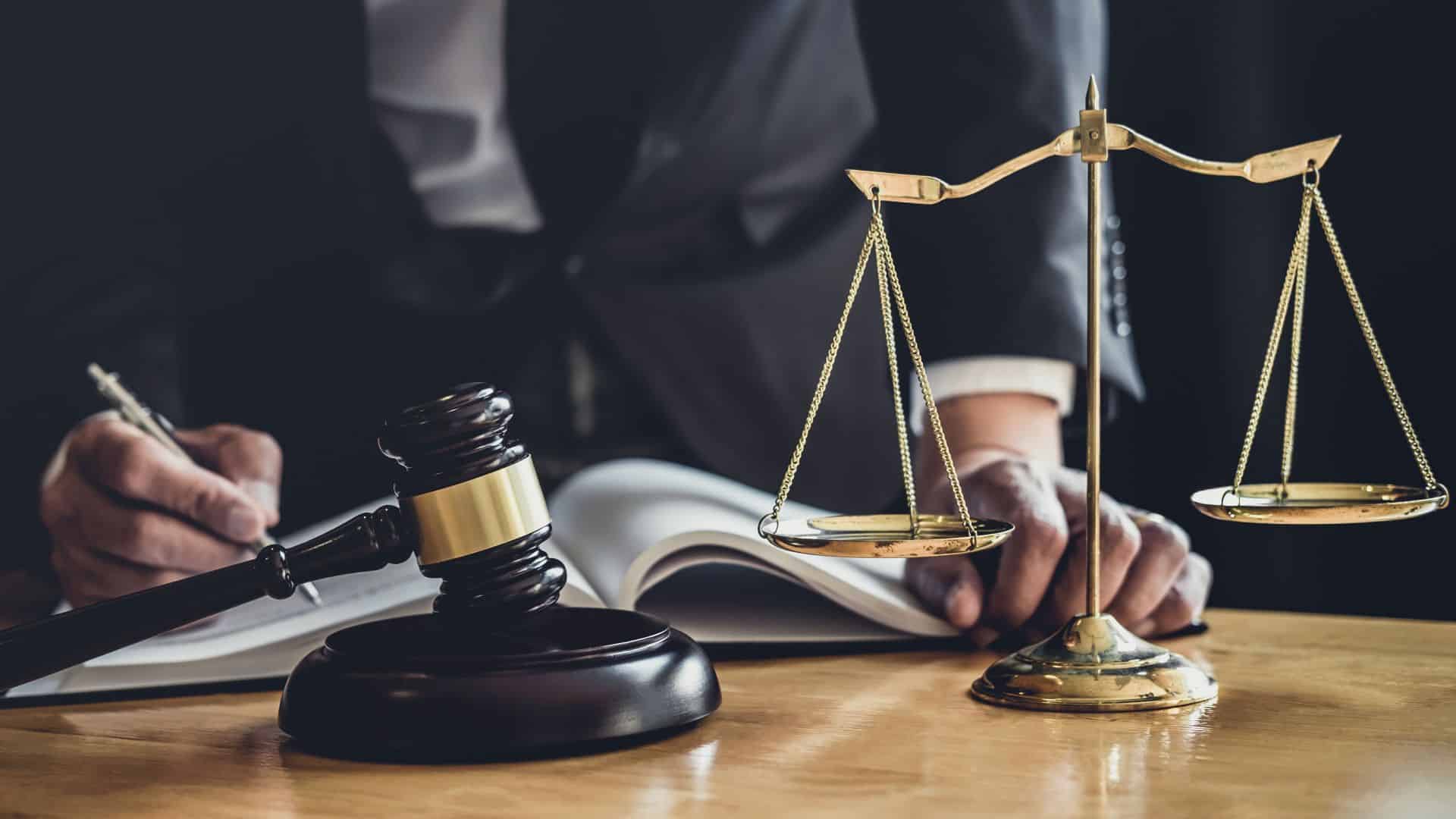If you’ve been injured in a car accident and are pursuing a personal injury claim, you might face a decision between resolving your case through mediation or litigation. Both methods aim to settle disputes and secure compensation for your injuries, but they take different approaches and have unique advantages. At 770GoodLaw, Car Accident Lawyers, we guide our clients through every step of the process, ensuring you make the best decision for your specific case.
What is Mediation?
Mediation is an alternative dispute resolution method that allows both parties to negotiate a settlement with the help of a neutral third party, known as the mediator. The goal is to reach a mutually acceptable resolution without going to court. Mediation is a more collaborative and informal process, which can save time, money, and stress.
Key Benefits of Mediation:
- Cost-Effective: Mediation is generally less expensive than taking a case to trial, as it avoids prolonged court proceedings.
- Faster Resolution: Mediation can be scheduled relatively quickly, and many cases are resolved in just a few sessions.
- Confidentiality: Mediation sessions are private, and the details discussed do not become part of the public record, unlike court cases.
- Control Over the Outcome: In mediation, both parties have more control over the final settlement, as opposed to a court ruling where a judge or jury makes the decision.
When is Mediation Appropriate?
Mediation is often appropriate for cases where both parties are open to negotiation and willing to compromise. It’s a great option when liability is clear, but the dispute lies in the amount of compensation. However, mediation may not be the best choice for highly contentious cases or those involving uncooperative parties.
What is Litigation?
Litigation refers to the process of resolving a personal injury claim through the court system. When a case goes to litigation, it means that both parties are unable to agree on a settlement through negotiation, so the case will be presented in court, and a judge or jury will decide the outcome.
Key Benefits of Litigation:
- Structured Process: Litigation follows a strict legal process, providing more structure and formality than mediation.
- Enforceable Outcome: The verdict reached in court is legally binding, meaning both parties must comply with the decision.
- Potential for Higher Awards: In some cases, litigation can result in a higher compensation award, especially when the defendant’s actions are found to be particularly negligent or reckless.
When is Litigation Appropriate?
Litigation is typically necessary when mediation or settlement negotiations have failed, or when one party refuses to negotiate in good faith. It’s also the best option if the injured party believes the opposing side is not offering fair compensation. Litigation can be a lengthy and more expensive process, but it ensures that the case is thoroughly examined, and a legally binding decision is reached.
Mediation vs. Litigation: How to Decide
The choice between mediation and litigation depends on the specifics of your case. If both parties are willing to compromise and resolve the dispute quickly, mediation may be the best route. On the other hand, if you’re dealing with a complex or highly disputed case, or if a fair settlement isn’t offered, litigation might be necessary to secure the compensation you deserve.
How 770GoodLaw Can Help
At 770GoodLaw, Car Accident Lawyers, we are experienced in both mediation and litigation. We work closely with our clients to assess their situation and determine the best path forward. Whether through negotiation or trial, our priority is always to fight for your rights and achieve the best possible outcome.
If you’ve been injured in a car accident and are unsure of the next steps, contact us today for a free consultation. We’ll help you understand your options and guide you through the entire process—whether that involves mediation, litigation, or a combination of both.
Your recovery is our priority, and we’re here to help you every step of the way.







